Adoley Azu on her journey of inclusion
How a Principal Design Researcher is bridging the digital divide
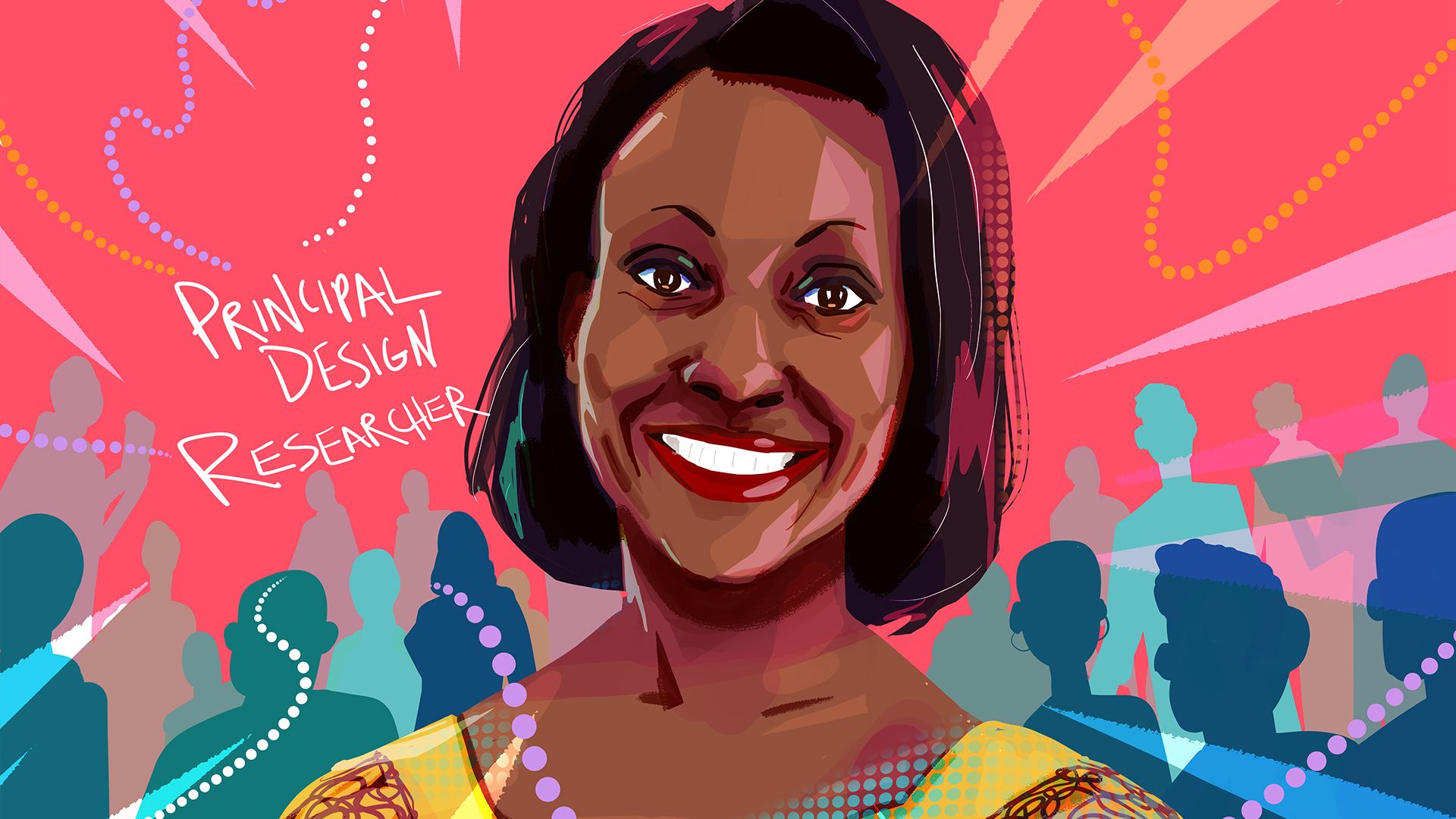
“I don’t usually start conversations or relationships talking about the bench or being a judge,” said Adoley Azu. Once people find out that she was a judge, they become guarded around her. “They always want to be on the right side of good,” she said. In her native country of Ghana, Adoley spent six years as a high court justice overseeing criminal, civil, and general jurisdiction cases. She presided over cases where individuals were standing up to corporations.
Many times, as a lawyer and a judge, she witnessed the fall of the big tree at the hack of the small axe, and the axe getting swallowed by the crown of the big tree. These experiences would lead her to the edge of innovation’s frontier. Adoley, who joined Microsoft last year as a Principal Design Researcher, now works within the medium of the great digital divide. As a part of Microsoft’s Inclusive Research team, she’s redefining what it means to design for and co-design with the people that use our products. By increasing the participation of marginalized groups in user research, Adoley advocates for an all-inclusive approach to designing the experiences that we create. “We want to cast a wider net and make space for these groups to have a seat at the table,” Adoley explained. Through cross-company engagement with design teams, and through contributing to product making decisions, she examines ways of decentering oversampled populations, prioritizing mobile-first economies, ensuring privacy protection, and designing for people with low bandwidth.
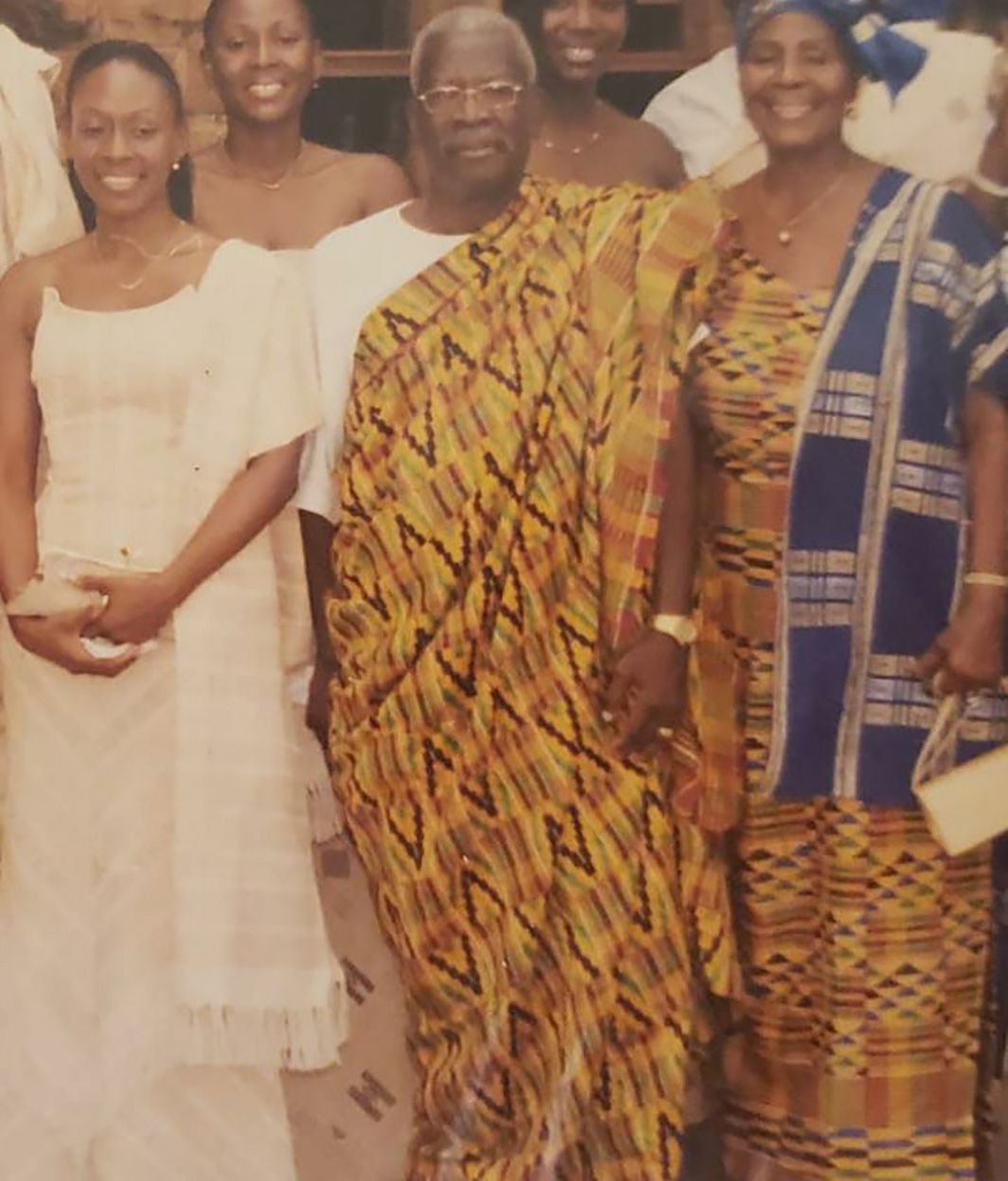
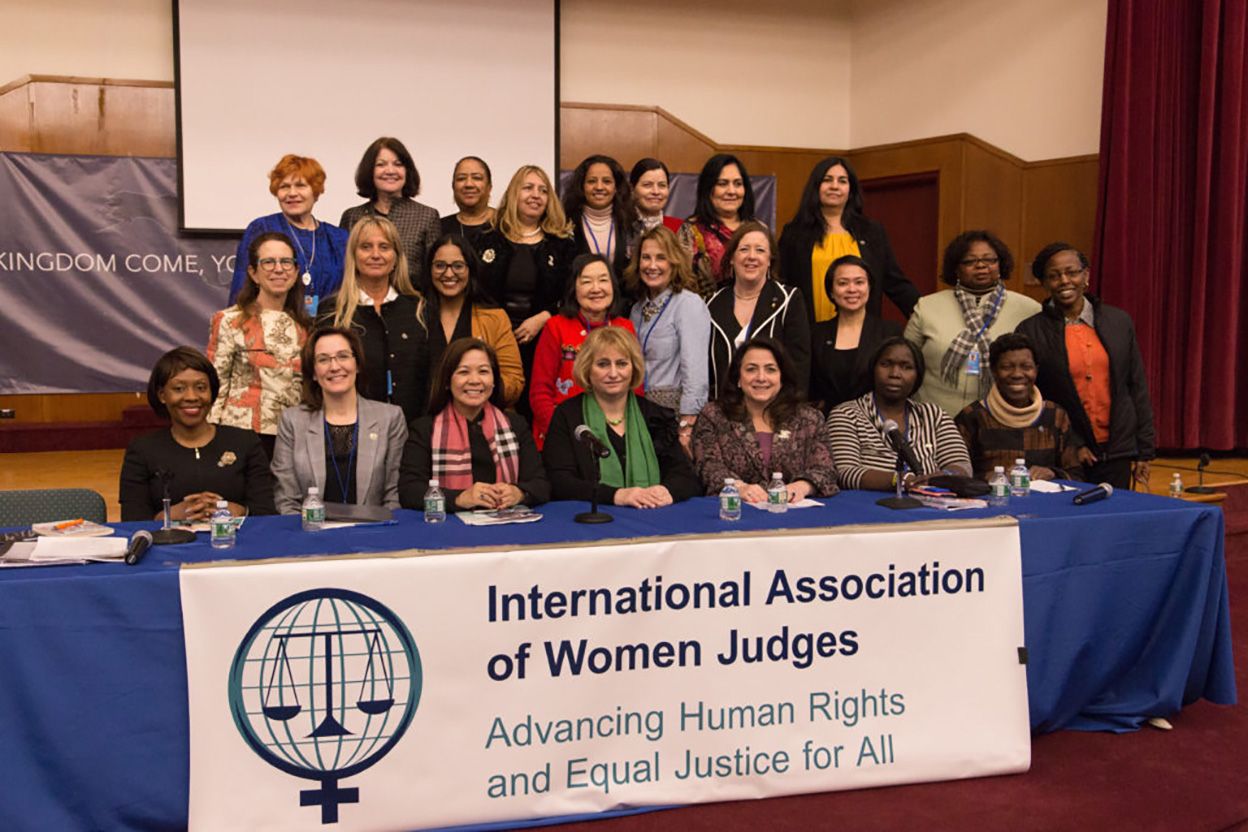
Daughter of Ghanian feminist parents
Giving voice to the voiceless has always been a part of Adoley’s life. Her late mother was a nursing midwife who pursued a career in law and went on to become a trailblazing lawyer. Adoley’s mother was also a member of The International Federation of Women Lawyers (FIDA), a non-profit organization involved in the protection and preservation of women and children’s rights. Adoley grew up with a mother who was in that gender fight, and a father who gave her the support and space to be unique, and to explore her interests in technology. For Adoley, carrying her mother’s torch was natural.
In Ghana, women inequality and gender issues outweigh race issues. Socially, women are expected to willingly pick up the majority of domestic work, interrupt their careers to stay at home and take care of their kids. “No one really talks about how this affects their earning potential or retirement savings,” Adoley said. Also, as tradition or custom would have it, when marriages dissolve or the husband dies, the deceased’s extended family is has some rights regarding his assets. They can intervene and make it extremely difficult for the wife to inherit her husband’s property, especially without a valid will.
In law school, she volunteered for FIDA and brought other female lawyers with her to volunteer and gain practical experience. Together, they ran legal aid clinics but then something unforeseeable happened. While Adoley and her female cohorts were helping to protect women’s rights, one of her male classmates wanted to join since he was struggling to find places where he could gain experience. “Going to a law firm and knocking on their door is tough, but I was struggling with letting him work with us,” she said. Adoley’s classmate accused her of discrimination. She went to her mother, seeking advice. “Go back and tell him that if he’s willing to volunteer his time and work for free, he’s welcome. We are the International Federation of Women Lawyers, but men can work for us too,” her mother told her. At the time, to her mother’s response, Adoley sarcastically thought, “I don’t understand this woman,” but the experience gave Adoley a new perspective. “I realized that the men are not what the focus is. The focus is on helping poor women and children who are struggling and anybody that wants to help should be allowed to come and help. These are our rules. We don’t charge fees and if you can do it that way and meet our goals and objectives, you’re welcome. And that’s where the inclusion journey started for me,” she said.
At Microsoft, Adoley has continued her path and she is using her moral imagination to impact millions of the world’s majority, but building equity is not just the right thing to do, it breeds innovation that prioritizes the most excluded as a means of servicing the needs of everyone.
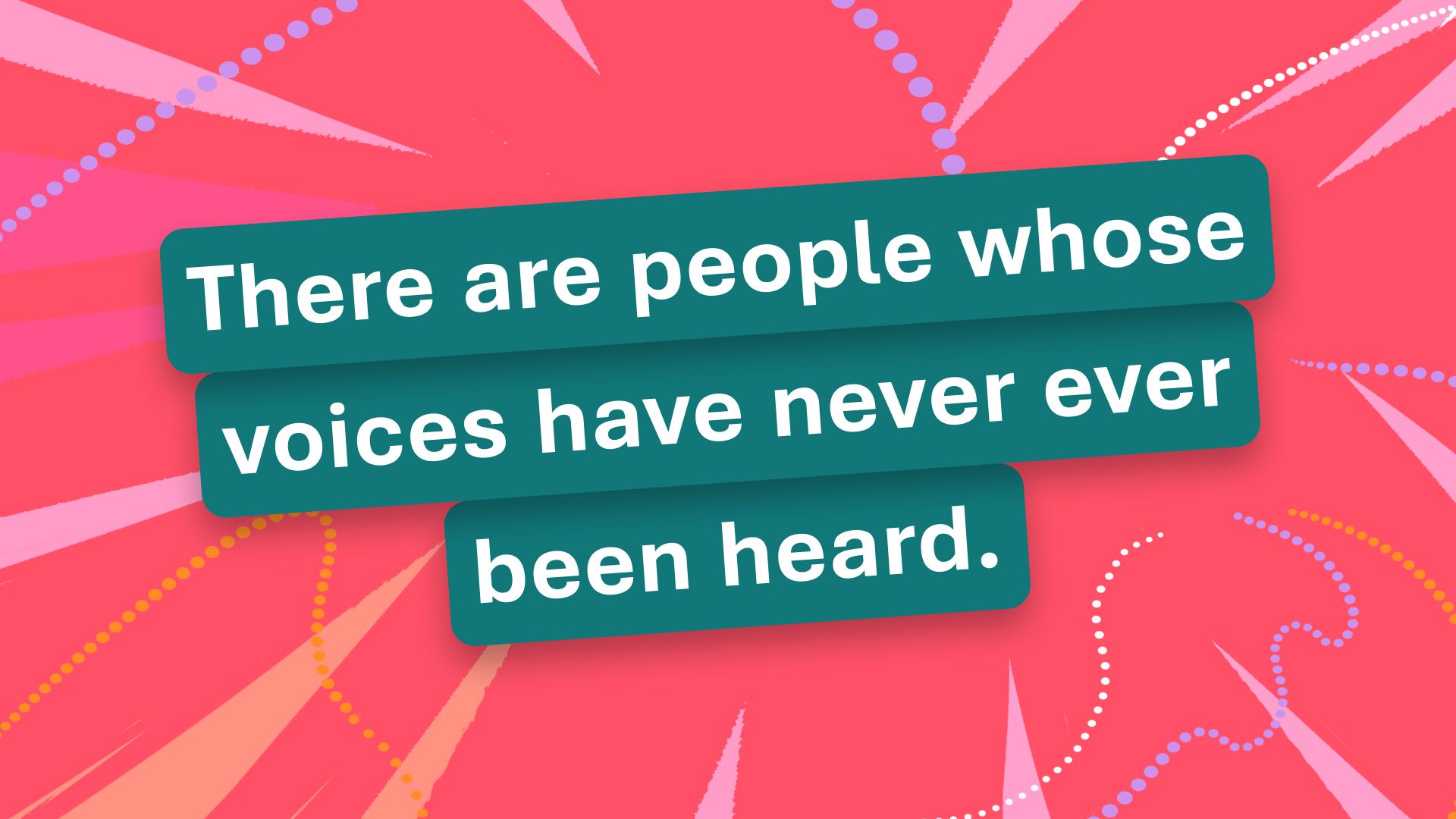
Focusing on people beyond the dominant culture
Creating inclusive designs like the Xbox Adaptive Controller or Adaptive Accessories unlocks growth and empowers gamers, educators, designers, and innovators to craft their own digital experiences that reflect who they are and their lived experience. Open-sourcing our emoji, one of the most popular product touch points, was also a way of allowing people to express themselves beyond what’s prescribed.
The problem is, not every customer is an affluent white westerner. “There are so many assumptions that we need to break around being lower income or of certain groups of people having low socioeconomic status. Just because you’re Black or Latinx doesn’t mean you don’t own a device or you’re not interested in owning a device,” said Adoley. Time and time again, history has proven that exclusivity does not always equate to trust and value. Inequitable systems cost a lot more to perpetuate.
Alongside Principal Design Research Manager Kara Costa, Adoley and her team have been focusing on ensuring that design teams include customer insights from historically excluded groups in product making decisions. In July of last year, the Inclusive Research team published When Equal Isn’t Equitable, where they shared for the first time with an external audience, about the work they’ve we’ve been doing to make inclusive research a reality as well as a habit!
Through their partnership with the Customer-Driven team, they have been collaborating with community organizations to work with under sampled and vulnerable communities. They are venturing outside of the traditional system of asking direct questions about household income, which usually excludes low-income families and people of color. They ask people about their education, work experience, language, their neighborhood, and how that relates to their digital experience.
“We want to understand how historically excluded folks are experiencing or not experiencing our products. And we want to know what their needs are,” said Adoley. For her team, bridging the digital divide requires a wholistic approach to product design. They focused on providing the tools and resources to ensure that research teams are examining LGBTQIA+ communities, racial and ethnic minority groups, people who live in places where they may not speak the national language, and mobile-first countries, where some families are dependent on a singular device. These customers are under sampled as of a result of unconscious bias. “There are people whose voices have never ever been heard,” said Adoley. She went on to paraphrase Creative Reaction Lab founder Antionette Carroll, “systems of oppression, inequality, and inequity are by design, which means they can be redesigned and be made equitable.”
Illustration by Lamaro Smith
Read more
To stay in the know with Microsoft Design, follow us on Twitter and Instagram, or join our Windows or Office Insider program. And if you are interested in working with us at Microsoft, head over to aka.ms/DesignCareers.
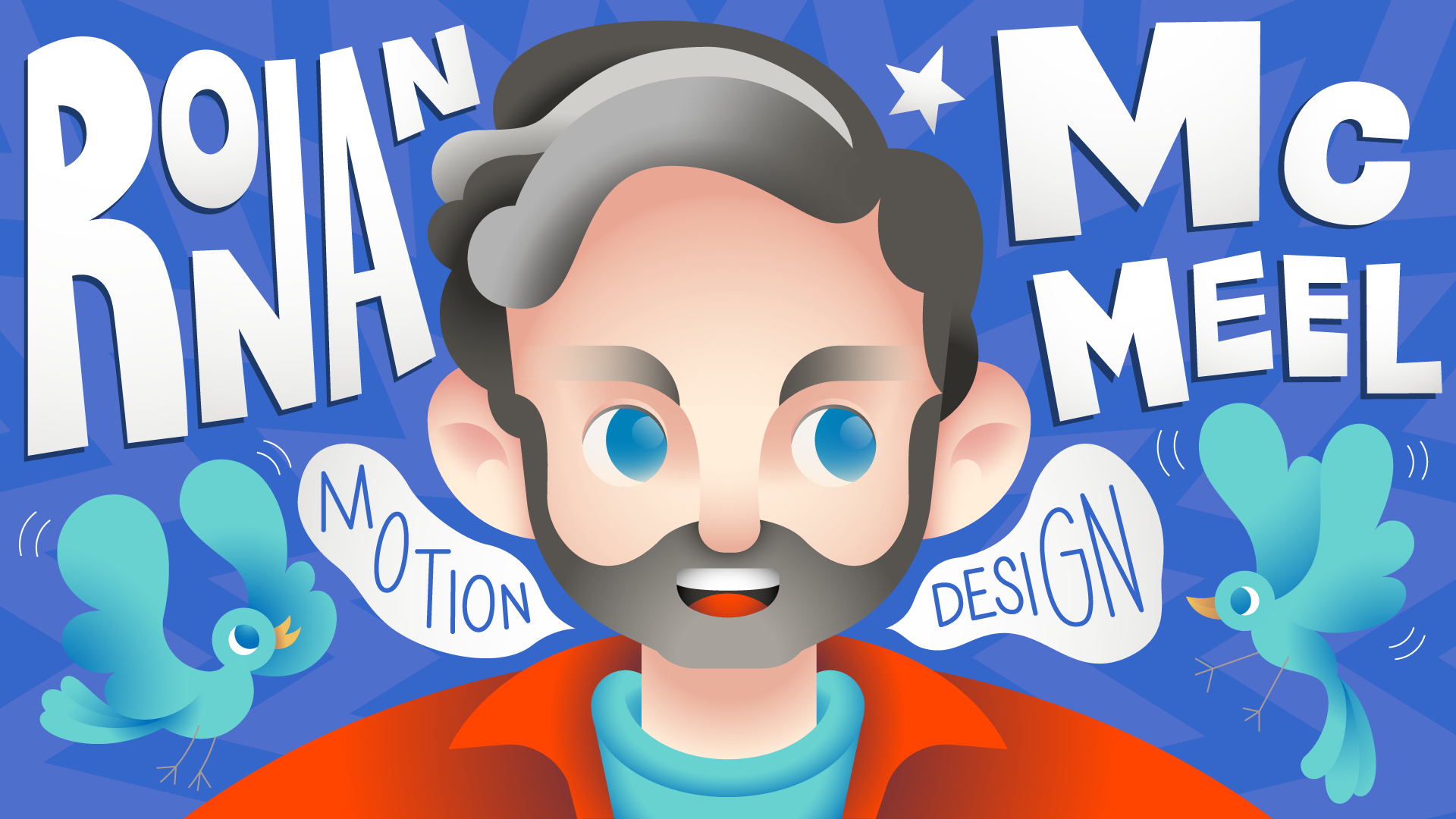
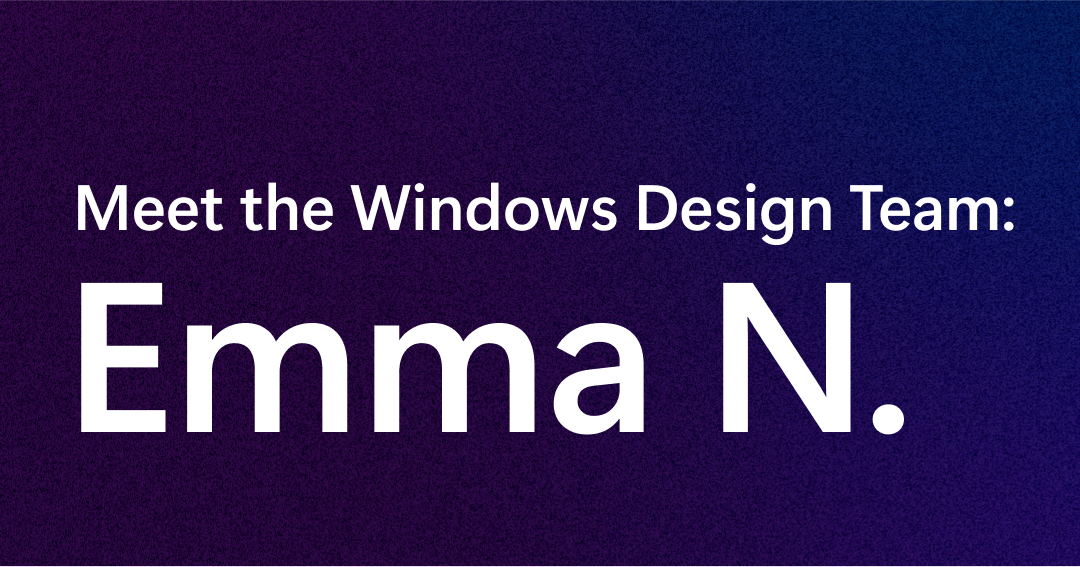
Windows UX in an AI-driven world
Emma Nestvold, a UX designer on the Windows design team, shares insights into her approach to design and experiences working on AI-driven features
